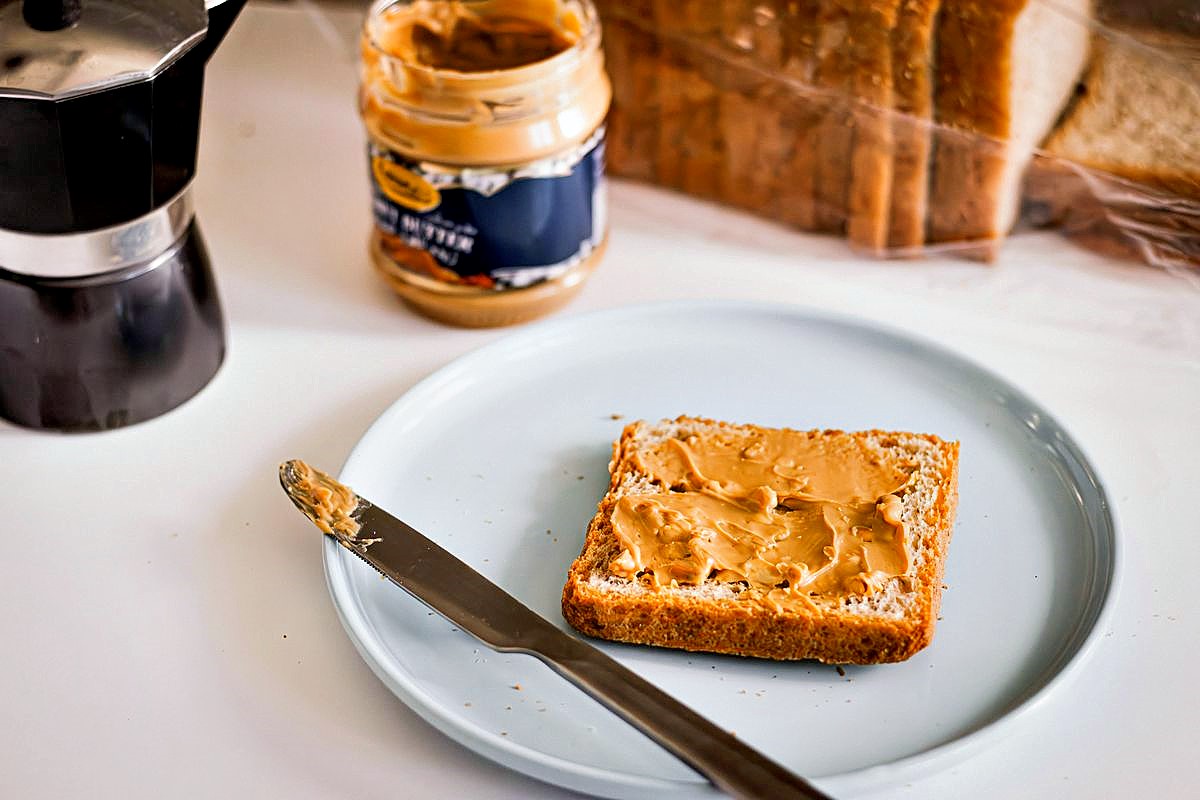Peanuts and peanut butter have long been cherished as beloved snacks and ingredients in numerous culinary delights. However, amid the surge of health concerns and dietary preferences, these humble legumes have found themselves at the center of a complex web of debates and revelations. In this comprehensive guide, we delve into the intricate world of peanuts, exploring their merits, drawbacks, and the intricate factors that shape our understanding of this popular food item.
The Good 👍
Nutritional Powerhouse
Despite the controversies surrounding peanuts, they boast an impressive nutritional profile comparable to other nuts. Packed with protein, vitamin E, B vitamins, and an array of phytonutrients, peanuts offer a wealth of essential nutrients that contribute to a well-balanced diet.
Organic Alternatives
For those seeking to minimize exposure to harmful chemicals, organic peanut butter emerges as a promising solution. By opting for organic varieties, consumers can significantly reduce their intake of pesticides, insecticides, herbicides, and fungicides, which are commonly used in conventional peanut farming.
Valencia Peanut Butter: A Safer Choice
Among the different peanut varieties, the Valencia peanut butter stands out as a safer option. This particular type is known to have lower levels of aflatoxins, which are toxic compounds produced by certain fungi that can potentially cause liver cancer.
Roasting and Germination
Roasting and germinating peanuts can unlock their full nutritional potential. These processes help to break down anti-nutrient compounds, making the nutrients more readily available for absorption by the body. Roasting and germination can also enhance the nutty flavor and textures, adding an extra dimension to the peanut-eating experience.
Chlorophyll: A Natural Detoxifier
Consuming peanuts alongside chlorophyll-rich foods, such as salads, leafy greens, or wheatgrass juice powder, can help mitigate the effects of aflatoxins. Chlorophyll, the green pigment found in plants, has been shown to have the capacity to lower the presence of these toxins, making it a valuable ally in the pursuit of safer peanut consumption.
The Bad 👎
Aflatoxin Contamination
One of the major concerns surrounding peanuts is the presence of aflatoxins, toxic compounds produced by certain fungi that can grow on peanuts, corn, soybeans, and other grains. Aflatoxins have been linked to an increased risk of liver cancer, making their presence in peanut products a significant health concern.
Hidden Additives and Preservatives
Many commercial peanut butter brands contain additional ingredients beyond just peanuts. These can include added sugars, hydrogenated oils, and various chemical preservatives, which can contribute to health issues and undermine the nutritional value of the product.
Crop Rotation and Chemical Exposure
Peanuts are often rotated with cotton crops, which are commonly genetically modified and heavily sprayed with herbicides like glyphosate (the active ingredient in Roundup). As a result, peanuts can inadvertently absorb these chemicals from the soil, raising concerns about potential health risks and environmental impact.
The Ugly 😬
Peanut Allergies and Glyphosate Connection
A concerning trend has emerged: a significant spike in peanut allergies coincided with the introduction of glyphosate (a widely used herbicide) into the environment. While the direct causal link is yet to be established, the correlation has raised eyebrows and fueled debates about the potential role of chemicals in triggering food allergies.
Soft Shells and Soil Contamination
Unlike tree nuts with hard, protective shells, peanuts have a soft shell that can easily absorb chemicals present in the soil. Given that peanuts are one of the most heavily sprayed crops, this soft shell acts as a conduit for pesticides, insecticides, herbicides, and fungicides to enter the peanut itself, potentially exposing consumers to these harmful substances.
Genetic Modification Concerns
While peanuts themselves are not typically genetically modified, their close association with GMO crops like cotton raises concerns about cross-contamination and unintended exposure to genetically modified organisms (GMOs) and their associated chemicals.
Striking a Balance 💫
In the face of these complexities, consumers are left to navigate a delicate balance between their love for peanuts and the potential risks associated with their consumption. While organic, carefully sourced, and properly processed peanut products can mitigate some concerns, it is essential to remain vigilant and informed about the ever-evolving landscape of food production and its impact on our health.
Ultimately, the decision to embrace or avoid peanuts lies within the realm of personal choice, influenced by individual health considerations, dietary preferences, and a willingness to navigate the intricacies of the modern food system. By arming ourselves with knowledge and adopting a discerning approach, we can make informed decisions that align with our values and prioritize our well-being.
Copyright © 2025 Hea1th.net

